The application of nanotechnology in catalysis has opened new frontiers for developing more efficient and sustainable catalytic processes. Nanocatalysts, due to their small size and high surface area, can facilitate reactions with greater precision and speed, offering significant advantages over traditional catalysts. These materials often exhibit unique electronic, optical, and mechanical properties that enhance their reactivity, making them ideal for a range of chemical transformations, including oxidation, hydrogenation, and polymerization. In particular, metal nanoparticles, such as those made from platinum, palladium, or copper, have been extensively researched for their catalytic properties, offering increased activity and selectivity. The high surface energy of these nanomaterials allows for a greater number of active sites, leading to enhanced catalytic efficiency even at lower concentrations. Moreover, the stability and reusability of nano-catalysts are important factors in making them viable for large-scale industrial applications. One of the exciting developments in nano-catalysis is the use of nanomaterials in energy conversion systems, such as fuel cells and batteries, where their ability to accelerate reactions at the nanoscale leads to improved energy efficiency and storage. Furthermore, nano-catalysis is playing a key role in the development of cleaner technologies for CO2 conversion and hydrogen production, contributing to the global push for sustainable energy solutions. As the understanding of nanomaterial properties deepens, new applications in environmental protection, medicine, and materials science are expected to emerge, solidifying the role of nano-catalysis in advancing modern chemistry.

Thomas J Webster
Interstellar Therapeutics, United States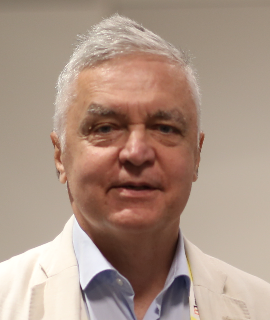
Sergey Suchkov
R&D Director of the National Center for Human Photosynthesis, Mexico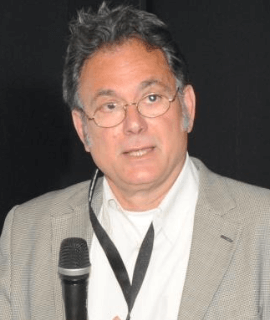
Christopher Koroneos
University of Western Attica, Greece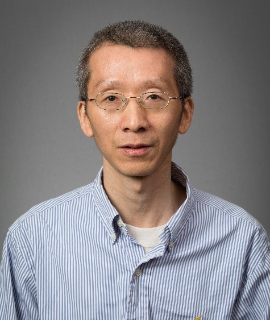
Haibo Ge
Texas Tech University, United States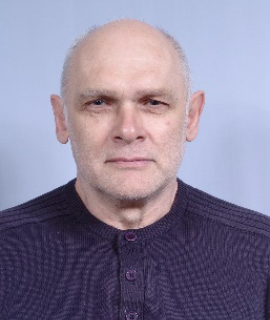
Valery P Kalinitchenko
All Russian Phytopathology Research Institute, Russian Federation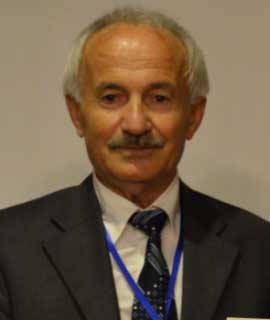
Osman Adiguzel
Firat University, Turkey
Delia Teresa Sponza
Dokuz Eylul University, Turkey
Guangnan Ou
Jimei University, China


Title : Using cells as the environmentally catalyst for nanoparticle synthesis: Killing bacteria, inhibiting inflammation, and growing tissues
Thomas J Webster, Interstellar Therapeutics, United States
Title : Personalized and Precision Medicine (PPM) as a unique healthcare model to be set up through biodesign-inspired biotech-driven translational applications and upgraded business marketing to secure the human healthcare, wellness and biosafety
Sergey Suchkov, R&D Director of the National Center for Human Photosynthesis, Mexico
Title : Chemical soil biological engineering and biogeosystem technique methodology
Valery P Kalinitchenko, All Russian Phytopathology Research Institute, Russian Federation
Title : Antibody-proteases as translational tools of the next-step generation to be applied for biotech, bioindustry and personalized and precision medical practice
Sergey Suchkov, R&D Director of the National Center for Human Photosynthesis, Mexico
Title : Shape memory phenomena and crystallographic transformations in shape memory alloys
Osman Adiguzel, Firat University, Turkey
Title : Construction of artificial metalloenzymes by protein refolding
Guangnan Ou, Jimei University, China
Title : Photoremoval of some brominated phenols (4-bromophenol and 2,4,6-tribromophenol) with reused polystyrene foam and SnO2
Delia Teresa Sponza, Dokuz Eylul University, Turkey
Title : Phenol removal from wastewater using innovative biological and industrial wastes as adsorbents
Ashanendu Mandal, University of Calcutta, India
Title : Boom of nanomaterials in environmental remediation
Vijendra Singh Solanki, Institute of Science and Research, India
Title : Process intensification for the production of 2, 2-dimethoxypropane using Fixed BED Chromatographic Reactor (FBCR)
Akash Sunilrao Shinde, Indian Institute of Technology Bombay, India